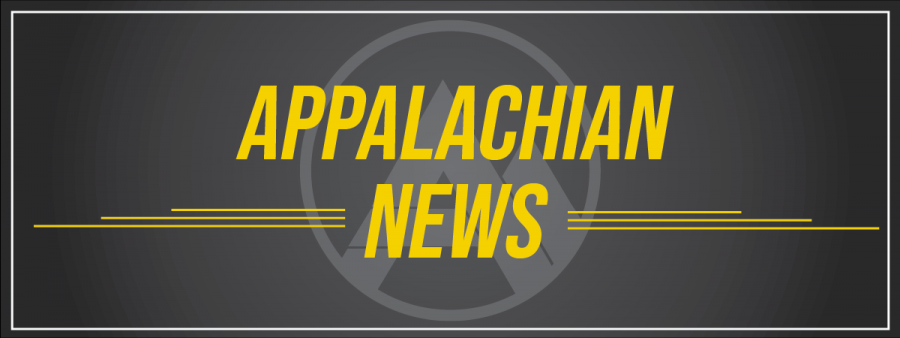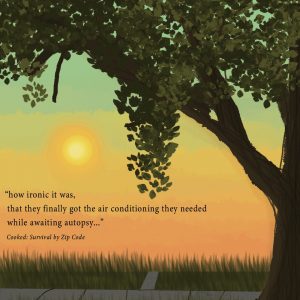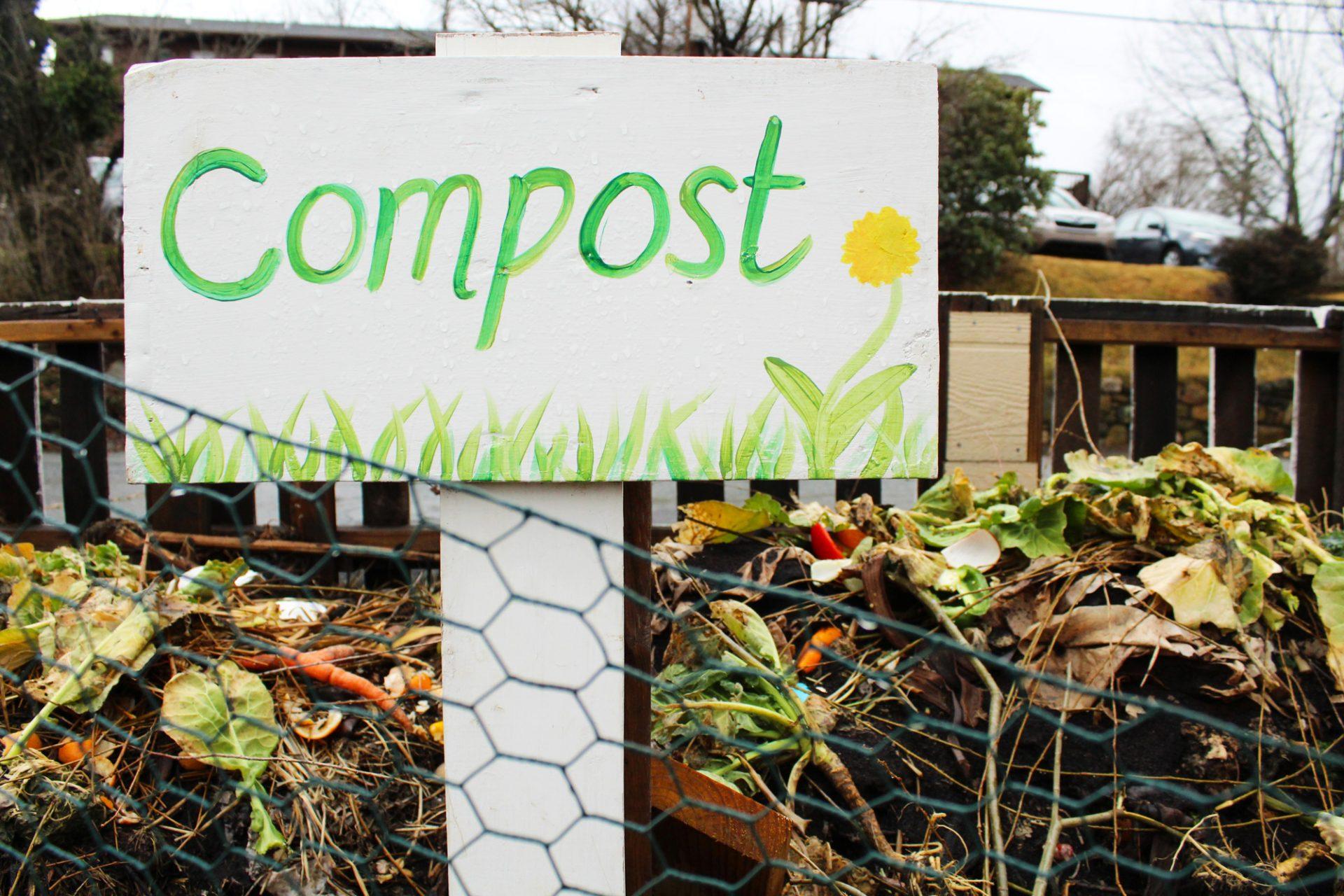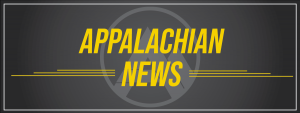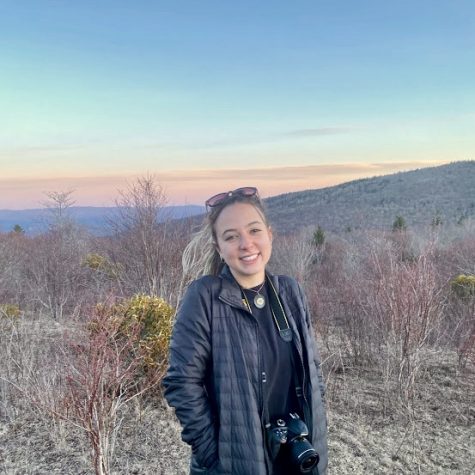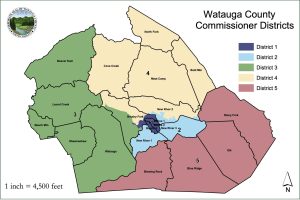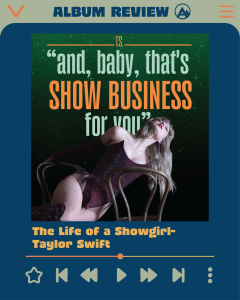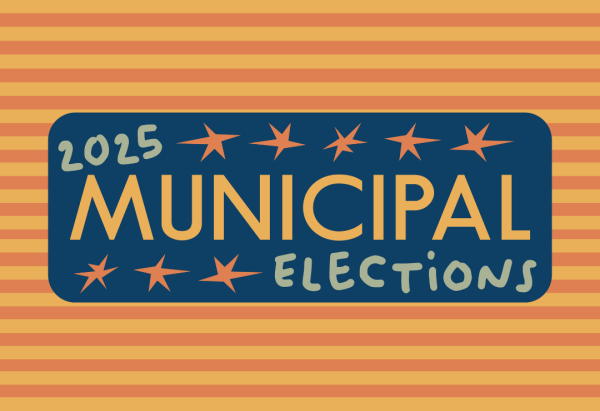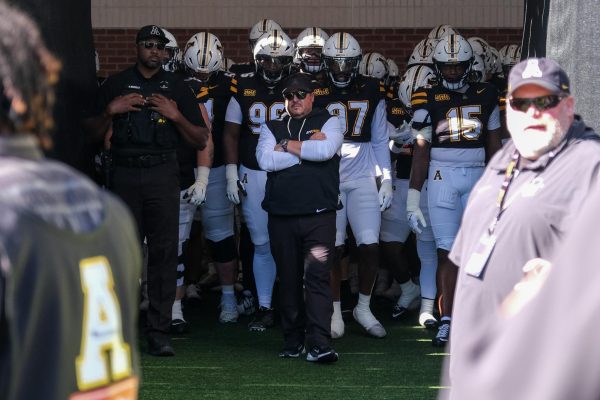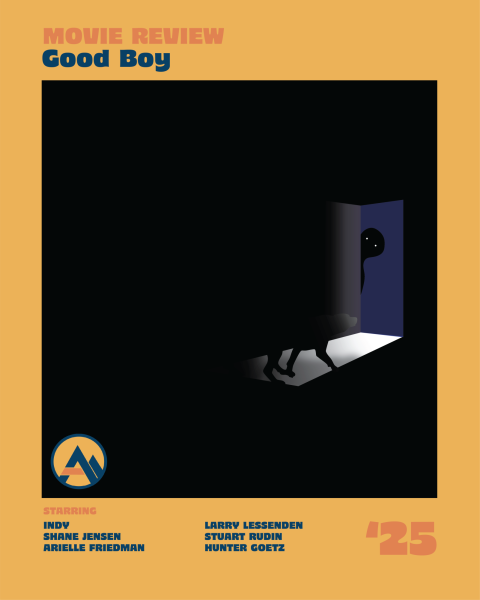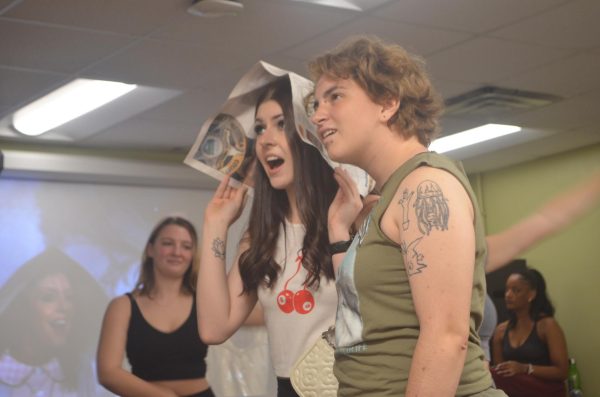App State finalizes official plan for carbon neutrality per Climate Action Writing Group
January 29, 2021
The Climate Action Planning Writing Group is finalizing the university’s plan for carbon neutrality.
Titled, “AppCAP 1.0: A Vision for Climate Neutrality,” the 44-page document details the university’s changes in all sectors to achieve this goal.
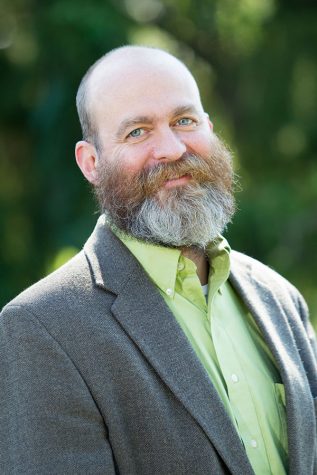
The plan is organized around three main categories: sourcing, efficiency and behavior. Within each of these categories are tangible solutions toward eliminating greenhouse gas emissions from electricity, transportation and natural gas, the university’s primary source of greenhouse gas emission.
“We’re only trying to disrupt the way the world works. That’s all. So that’s kind of a big task,” said Jim Dees, data and assessment specialist for the Office of Sustainability.
While many people, including students, faculty and specialists, have contributed to the plan, Dees is the principal author.
Dees said this is the third climate action plan the university has created since the first one in 2010.
“With the mounting pressure and the inevitability of dealing with climate change, I feel really good about where we are in the process of bringing the entire university along to a point where we understand that it’s time to do something,” Dees said.
Rebecca Walton, sustainability outreach coordinator with the Office of Sustainability, is excited for the renewed focus on education and outreach.
Walton said her role with outreach involves going out, tabling and planning events to spread awareness about this plan.
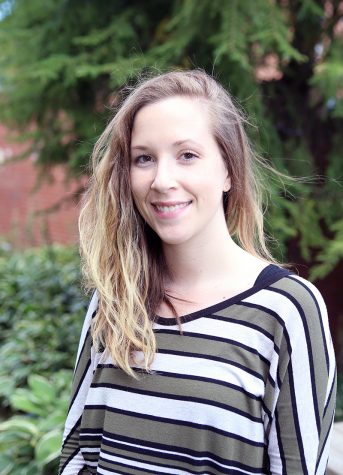
“We want to tell people about (the plan) and what it involves, but then again, we have to do that in a way that the normal person that doesn’t have a master’s degree in climate science can understand,” Walton said.
According to the draft, students will have the opportunity to make changes to their daily behaviors to improve their carbon footprint through the GreenSuite Program.
This program includes “green” initiatives to lower energy consumption in several areas including labs, campus events and travel.
“For students, this is going to be a really great learning opportunity about climate neutrality and about everything that it takes to become carbon neutral,” Walton said.
This is not the same plan as the one created by the Appalachian Climate Action Collaborative, or ClimACT, which plans for carbon neutrality by 2025, according to ClimACT’s website.
One primary difference between the two plans is that the university does not have a set date for when climate neutrality will be achieved.
Dees said there is no science behind choosing a specific year to achieve climate neutrality.
“‘By 2025.’ Why not 2024? Or 2026? What’s the fascination with fives and zeros?” Dees said. “We’re going to let science dictate to us when we’re going to achieve it. And the economics and the other factors that are at play.”
The plan will be finalized around the end of January.
“One thing that people are fixated on is this idea that there’s this finish line that we’re all going to triumphantly march across,” Dees said. “And if I’ve learned anything from writing this most recent climate action plan, it’s that we’re trying to define a process. As corny as it sounds, it’s the journey not the destination. We’ve got to do this together. We’ve got to get there. And then once we’re there, we’ve got to stay there.”
More information about AppCAP 1.0, as well as the draft, can be found here: https://sustain.appstate.edu/initiatives/climate-action/.

